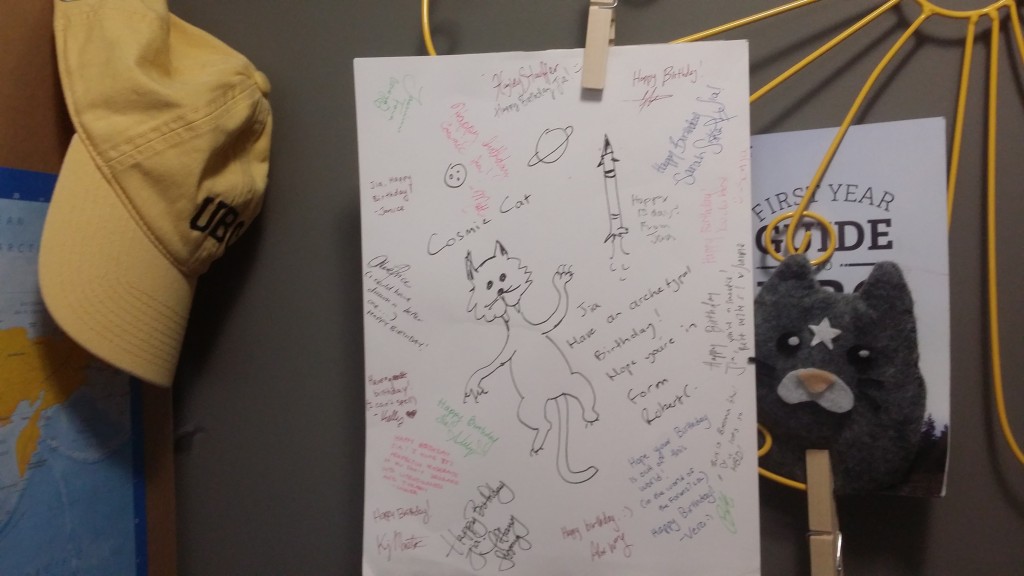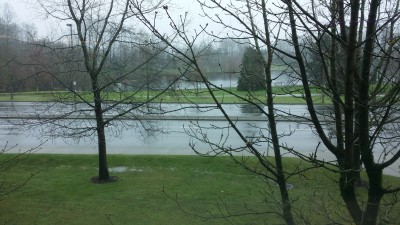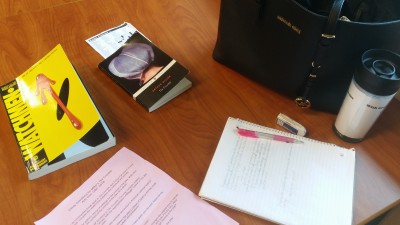“Tucked into every nook and cranny of New York City are depths of history and billions of stories and lives to understand, and it’s truly a gift to even catch a glimpse of it.”
– me, on Instagram, 9 weeks ago

I fell in love with Edward Rutherfurd and his cities with his latest epic historical novel PARIS, published in 2013. It became such a precious book to me that it sat on my desk–even after being finished–for months. I started reading SARUM (his first novel, published in 1987) next, but I never finished it. When the plans for my family’s trip to New York City were made, I set aside SARUM for NEW YORK. But I’ll get to my summer vacation in a few paragraphs.
With eight hundred pages of relatively small print and multi-multi-multi-multi-generational storylines, Rutherfurd gives you the time and space to fall in love with cities, by every definition of the phrase, “fall in love”. He shows all the sexy (and seriously unsexy) close-ups, revealing both the dark corners and astonishing views of the city, embedding the universal themes of family, romance, and hardship as he shares these cities in unparalleled literary intimacy.
NEW YORK in particular is thoroughly American, even though Rutherfurd begins the story in New Amsterdam, which then becomes the object of a tug-of-war between the Dutch and the British and then the Americans and the British. The binding familial story is the Master family line, whose prosperity rises and rises and falls slightly but never completely falters, from their beginnings as successful Dutch merchants to Park Avenue lawyers. But the Masters were once aspiring Americans, which makes them exactly like the many other families and characters who join the cast of NEW YORK, which is why I say that the novel thoroughly American. The dreaming and working hard and achieving featured in the novel is the prototypical American dream, of course. But my favorite part of both NEW YORK and New York City was the layers of texture, culture, and people. It is what you make of it, whether that is a beacon of hope and power or a city of betrayal and loss.
By the time I landed in JFK, the half-Loyalist, half-Patriot Master family was right in the heart of the American Revolution. I knew of Bowling Green, Broad Street, the Hudson River, and Trinity Church.
On my first two days on the Atlantic Coast, we were mostly in Atlantic City in Jersey (my godmothers love slot machines), but we drove into “the City” from Queens, where my grandmother lives, before going to pick my cousins up from the Newark airport. I didn’t realize until then what a big deal those Manhattan skyscrapers really were. I used to just put aside what I’d heard about the Manhattan skyline, but there truly is nothing like it. Not even Los Angeles, and certainly not even Vancouver, fit the description of “concrete jungle” anymore, now that I’ve seen Manhattan.
I fell in love with Manhattan the way you’re supposed to fall in love: “slowly, and then all at once” (thank you, John Green, for the most accurate description of falling in love ever).
 I fell in love with the hot and sticky Manhattan. I fell in love with the way the city and its humidity clung to my skin, I fell in love with the way it suddenly poured while we were in Times Square, like an overcompensated apology for the heat.
I fell in love with the hot and sticky Manhattan. I fell in love with the way the city and its humidity clung to my skin, I fell in love with the way it suddenly poured while we were in Times Square, like an overcompensated apology for the heat.
I fell in love with Manhattan sitting in my awful seats at the Met Opera, watching a tiny Misty Copeland dance in what looked like a shoe box diorama below me as she made history for the American Ballet Theatre as their first African American principal dancer.
 I fell in love with being a tourist in the City, wearing my Statue of Liberty hat and having pizza on Wall Street, trying to grasp all the important decisions being made steps away from me, all the important exchanges that have been made, were being made, will continue to be made.
I fell in love with being a tourist in the City, wearing my Statue of Liberty hat and having pizza on Wall Street, trying to grasp all the important decisions being made steps away from me, all the important exchanges that have been made, were being made, will continue to be made.
I fell in love with the smaller-than-anticipated Statue of Liberty and all she must have stood for and the way her meaning has changed over the years. As I gazed down at Ellis Island from the ferry, I–a Canadian immigrant–imagined how different it would have been to come up to the Statue of Liberty after months at sea, believing that a better life lay behind her.
I fell in love with the Manhattan skyline from above the East River, crossing the Brooklyn Bridge with tired feet, taking seflies with my family and feeling the cars rumble beneath us.
But the falling in love “all at once” came when my cousins and I went for a walk around Central Park and then took a peek into the Upper East Side. This picture, below, is one of our favorites. My cousins are GOSSIP GIRL fans, so they had to visit the Met steps, of course.
Another famous Manhattan stereotype is that it is busy and fast and you blink and everything’s changed, but gazing at the skyscrapers backing the Central Park trees, sitting on the Met steps and watching taxis and people go by, I didn’t feel busy and fast and stress. I felt life, pounding the pavement and reaching into the clouds, bursting at the Hudson and the East Rivers. And it was life unlike anything else I’d experienced before.
I’m so grateful to Edward Rutherfurd for giving me the chance to extend my week in New York City in so many different directions: temporally, spatially, emotionally. I’ll be back for you again someday, NYC. ♥
MY NEW YORK CITY BUCKET LIST
- go to the top of the Empire State building
- visit the Strand bookstore
- watch
- The Phantom of the Opera
- The Lion King
- An American in Paris
- Misty Copeland dance… not from the family circle
- come back for Magnolia Bakery



